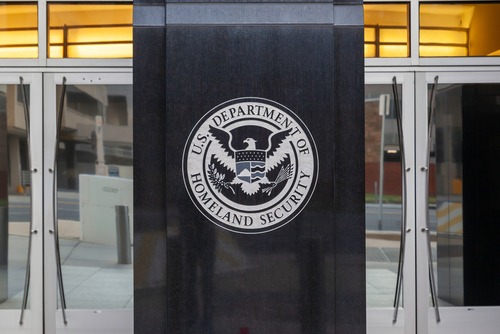
When it debuted last week, the latest Quadrennial Homeland Security Review (QHSR) marked the four-year assessment of U.S. Department of Homeland Security (DHS) strategies as well as more than 20 years since the Department was formed.
Times have changed significantly since then, and even since the last report was issued nearly a decade ago, the report made clear. Threats have evolved, and so has the world. Human trafficking remains a major issue, but domestic violent extremism has risen to one of the country’s foremost concerns, while patterns have shifted in terms of global migration, strategic competition at the national level, and the ever-increasing danger of cyber threats, among others.
Since the last report, the world also underwent a global pandemic, highlighting the danger of emerging infectious diseases.
“Twenty years after its formation, the Department of Homeland Security is more fit for purpose than ever before to meet the challenges we face now and will face in the future,” Secretary of Homeland Security Alejandro Mayorkas said. “The QHSR helps Congress and the American public understand the evolving threats we face and our approach to addressing them. That approach includes leveraging emerging technologies, such as artificial intelligence, and modernizing the Department to ensure our personnel have the tools they need to deliver on our vital mission.”
This iteration of the QSHR notably added crimes of exploitation to DHS’ list of security missions. Crimes of exploitation encompass human trafficking, labor exploitation, and child exploitation. Mayorkas credited increasingly sophisticated transnational criminal organizations for the trouble, along with the abuse of new technologies and economic instability.
That puts the total number of QSHR at six. Others include:
- Counter Terrorism and Prevent Threats
- Secure and Manage Our Borders
- Administer the Nation’s Immigration System
- Secure Cyberspace and Critical Infrastructure
- Build a Resilient Nation and Respond to Incidents
“Through updated policies, targeted operations, and by leveraging cutting-edge technology, we are targeting those who seek to exploit the vulnerable and identifying and rescuing victims,” Mayorkas said.




